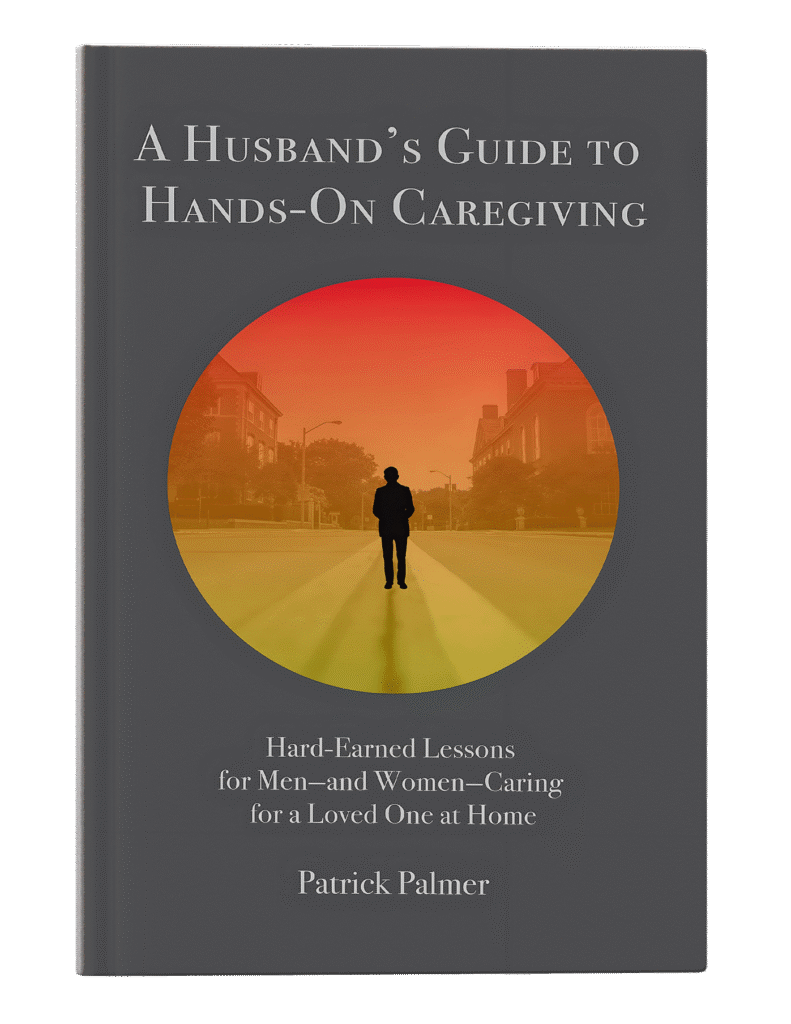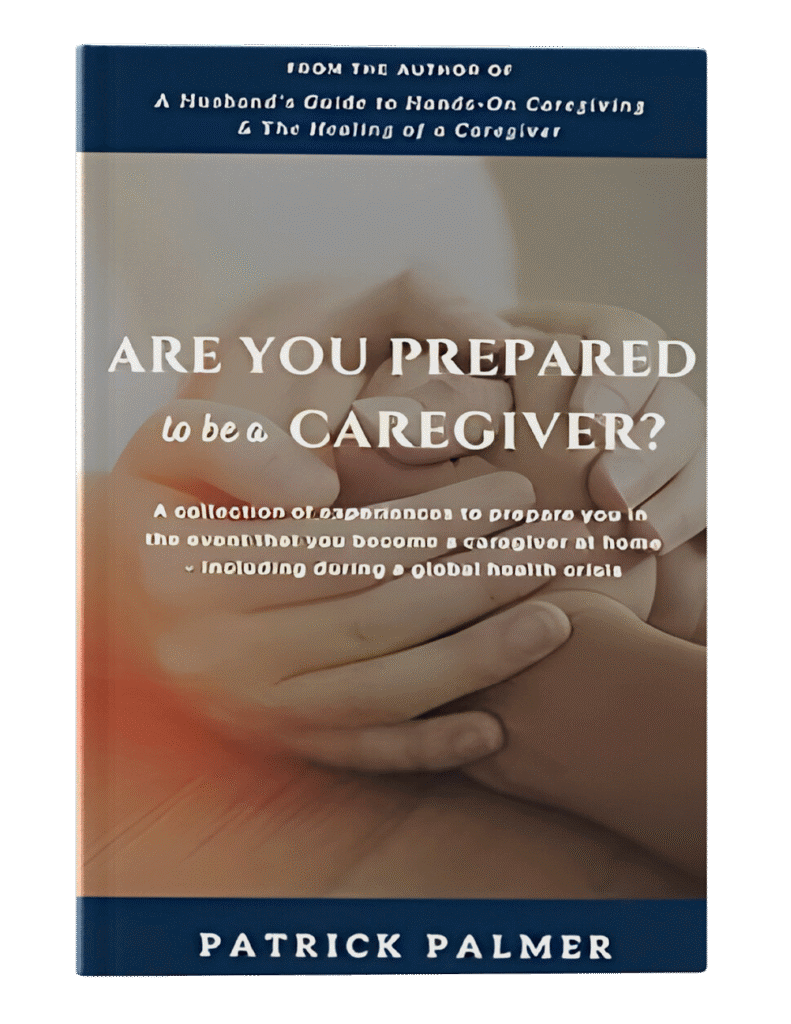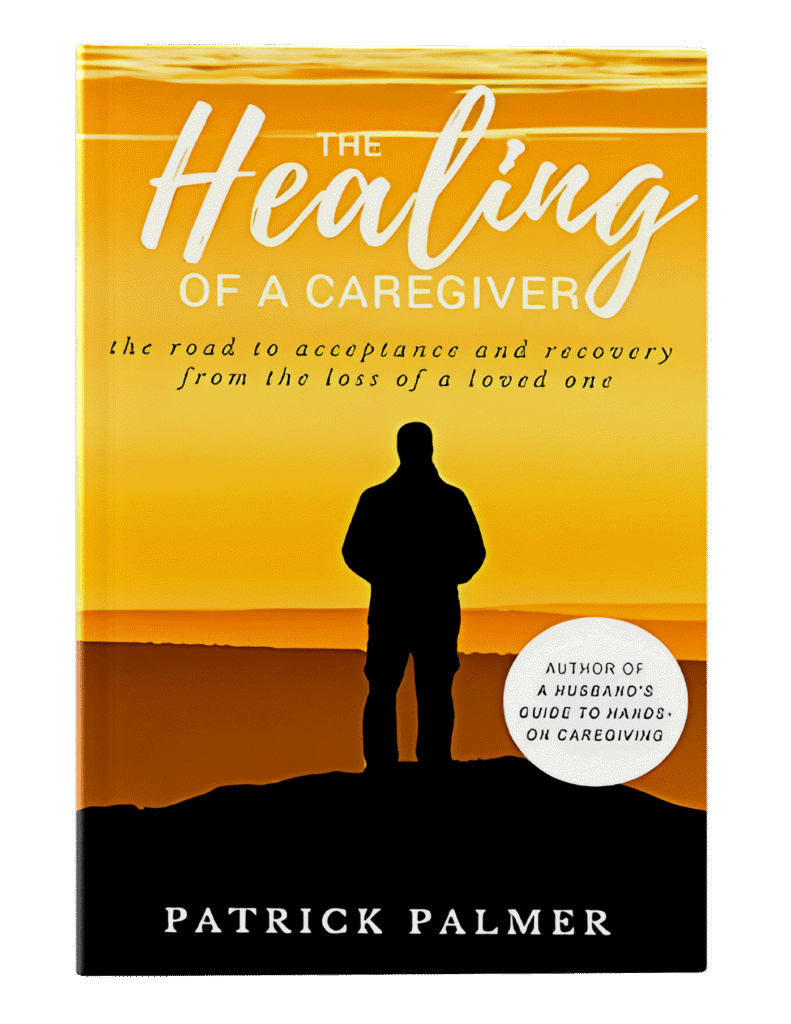Why do you want to be a caregiver is a question that many caregivers face during interviews or out of curiosity? Choosing to be a caregiver is a deeply personal and meaningful decision. For many, it’s about making a difference in someone’s life, finding purpose in helping others, or stepping up when a loved one needs help.
Care, at its core, is about providing essential help and support to those who need it most, whether it be age, illness, or disability. It’s a job that requires compassion, empathy and commitment. Caregivers play an important role as the eyes and ears of family members who cannot be there for their loved ones.
why become a caregiver
So in this blog, we’ll explore the most frequent question caregivers are asked “Why do you want to be a caregiver” and the various motivations behind this rewarding and important work.
Why Do You Want to Be a Caregiver? Contribution to Society?
Caregiving is a profession that can significantly impact society by providing care and comfort to those in need, ensuring their independence, and ensuring they receive the best possible care. It makes lives less lonely and more joyful, promoting community connection and independence.
The rewarding aspect of caring for others is the positive feeling it provides, which can boost confidence, and self-awareness, and reduce depression. Many people choose to become professional caregivers due to their genuine desire to help others, making a career as a professional caregiver a suitable choice for those who want to make a positive impact on others’ lives.
Caregiving cultivates gratitude
Being a caregiver helps cultivate gratitude. Caregiving often serves as a powerful reminder of the simple things we take for granted, encouraging us to be mindful and appreciative. It fosters a deeper sense of gratitude by emphasizing everyday opportunities for kindness, compassion, and love. By providing care, we gain a new perspective on life and a greater appreciation of our circumstances. The care we provide is often deeply appreciated by those we help and their families, reminding us of the importance and impact of our efforts.
Why Do You Want to Be a Caregiver for Personal Fulfillment?
Becoming a caregiver is an emotionally satisfying experience and provides a profound sense of purpose. It involves making a difference in the lives of others and the world at large, resulting in a positive impact on their mental and emotional health. Caregivers can see the tangible effects of their work daily, reducing the burden on those living with significant challenges and enriching the larger community by involving those who may otherwise be excluded. This field provides deep satisfaction and rewards that are unique to other jobs, as it allows individuals to witness progress, improve quality of life, and feel relief on a family member’s face.
You want to make a difference
Becoming a caregiver can make a meaningful difference in people’s lives. Elderly, weak, or ill individuals actually need assistance with daily tasks that they cannot handle on their own, such as bathing, dressing, meal preparation, administering medications, and others. By lifting these burdens you alleviate their struggles and give their families peace of mind that their loved ones have someone who takes good care of them. Even if you don’t receive praise or recognition, the impact you have on the lives of others is profound, contributing to the wider community every day.
Why Caregivers Are in High Demand Today
The United States population is rapidly aging with 22% of the population becoming seniors by 2050. As a result, the caregiving job has gained demand. And the U.S. Bureau of Labor Statistics also expects home health and personal care employment to grow 25% from 2021 to 2031. Therefore, in the upcoming years becoming a caregiver would be a rewarding job not only emotionally but monetarily as well.
Last Words
Ultimately, choosing to be a caregiver is a journey filled with deep purpose and connection. It’s a role that challenges you, grows you, and allows you to live your life in a meaningful way. If you’re looking for guidance and inspiration along this path, Patrick Palmer’s book can be your trusted companion, offering insight and wisdom from someone who’s been there. Embrace the caring heart, and let it lead you to satisfying and impactful work.
For caregivers supporting loved ones through serious illnesses like cancer, having the right resources can make a world of difference. A well-written cancer care book can provide practical tips, emotional support strategies, and medical guidance to help navigate the challenges of treatment and recovery. These books often share real-life stories, expert advice, and coping mechanisms that empower caregivers to offer better physical and emotional care. By learning from these insights, caregivers can approach their role with more confidence, compassion, and resilience, ensuring that both the patient and the caregiver maintain a sense of hope and strength throughout the journey.





